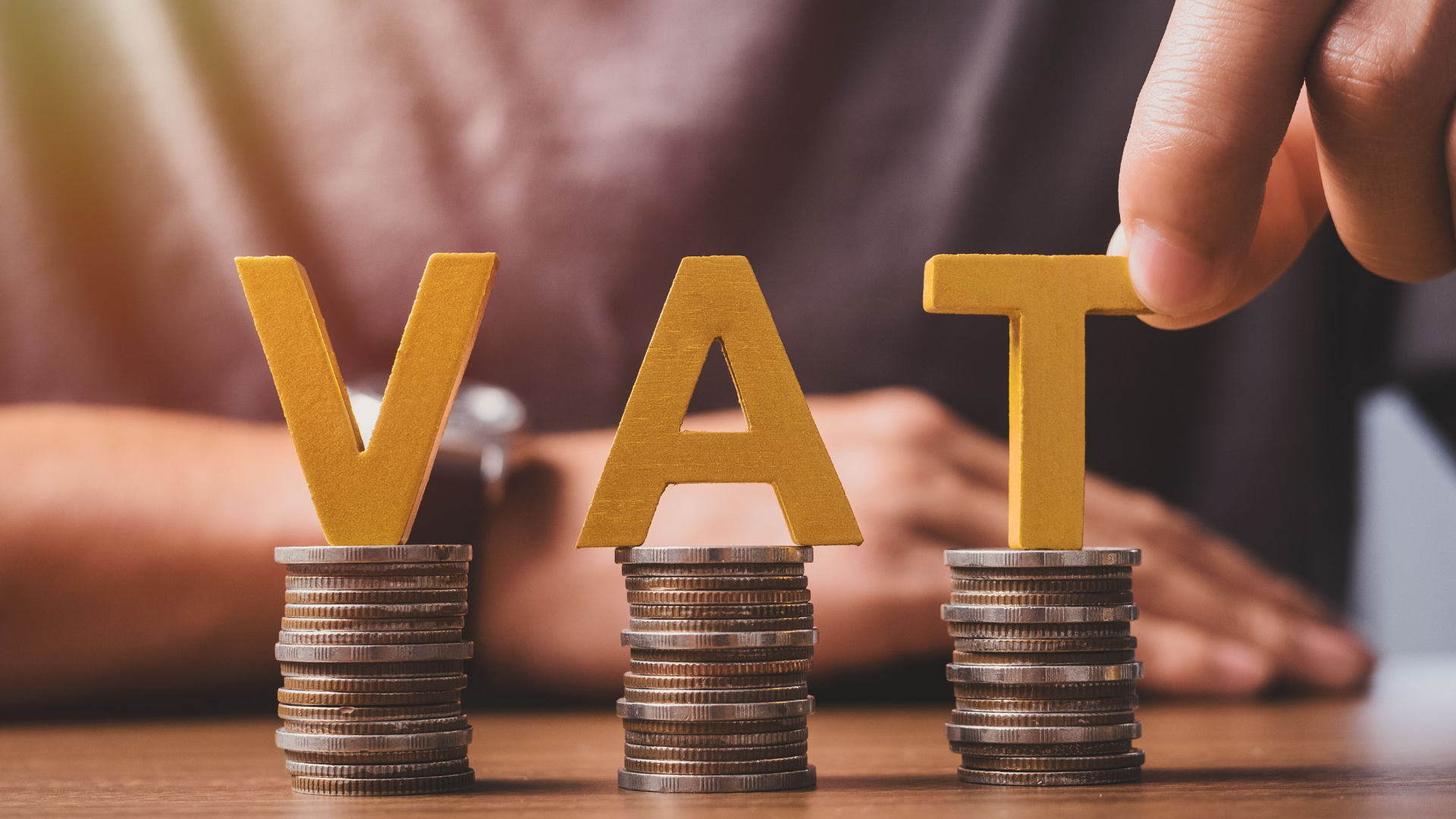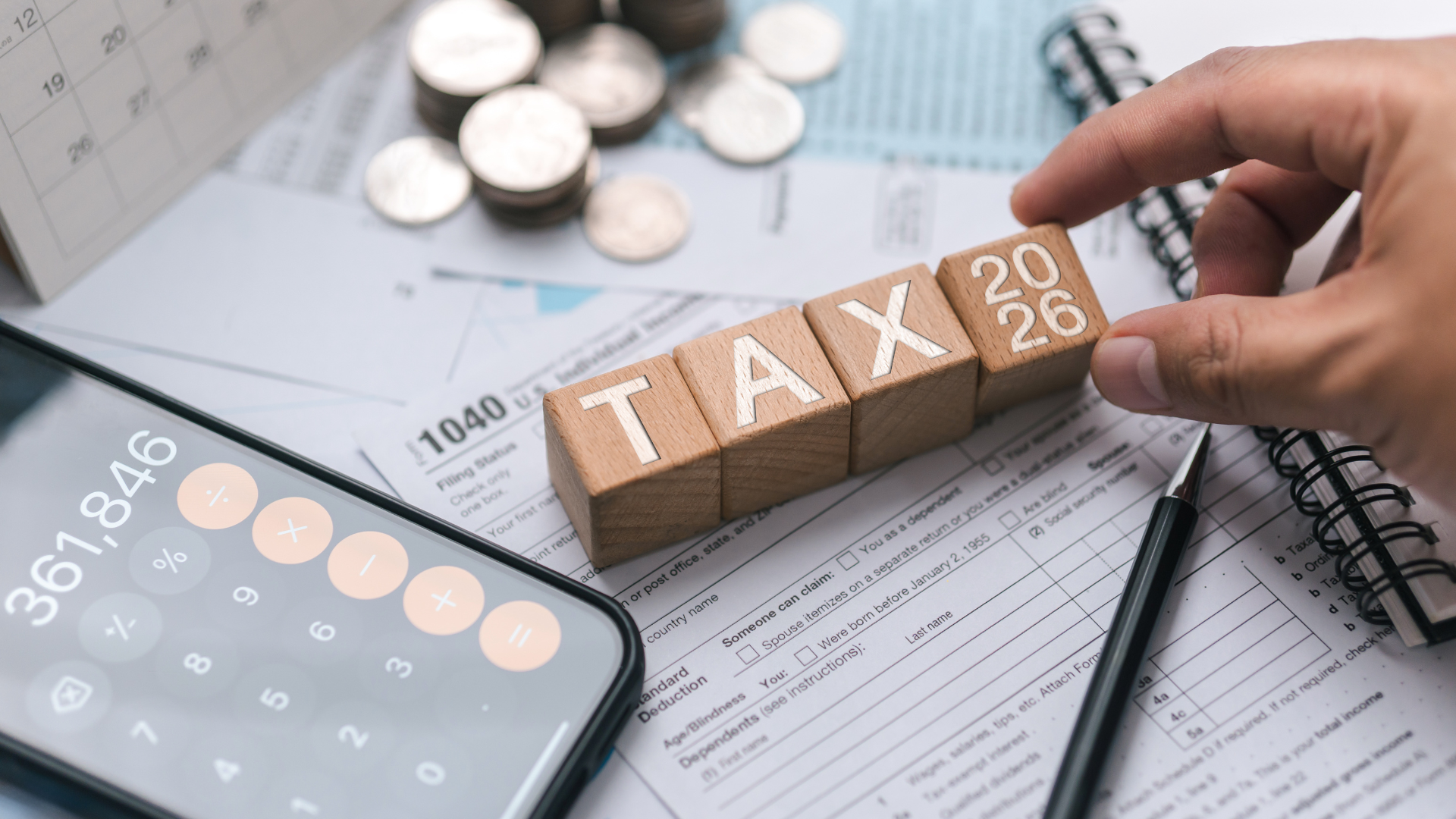The European Union is working to achieve its climate targets in a variety of ways. Businesses also have an important role to play.
A new instrument to meet green targets is the ‘Deforestation Regulation’. It will apply to large companies as of 30 December 2025, and to small and medium enterprises as of 30 June 2026.
If your company falls within the scope of the EUDR, you can only trade high-risk goods such as wood, cocoa and palm oil if you can demonstrate that they are not linked to deforestation and are produced according to the laws of the country of origin. Moreover, products must be accompanied by a ‘Due Diligence Statement’ (DSS), which provides evidence that no deforestation has taken place.
Read about what the obligations for your business under the Deforestation Regulation in this article.
What is the Deforestation Regulation?
The Regulation on Deforestation-free products (EUDR), known in the Netherlands as the Ontbossingsverordening [Deforestation Regulation], is part of the European Green Deal. The Deforestation Regulation imposes strict requirements on companies placing, exporting or trading products with a high risk of deforestation on the EU market. You must demonstrate that your products do not contribute to deforestation and have been produced in accordance with the laws of the country of origin, including respecting human rights.
The EUDR is the successor to the ‘European Timber Regulation’ (EUTR), which has been in place since 2013 for imports of timber and timber products. The EUTR will continue apply until the end of 2027 to wood that was cut before 29 June 2023 and placed on the market after 30 December 2024.
Who does the Deforestation Regulation apply to?
Businesses, economic operators and traders operating within the European Union and which import, export or produce the high-risk goods listed below must comply with the rules of the EUDR. This not only applies to multinationals or large businesses. Small and medium enterprises and even sole proprietorships may fall within the scope of the EUDR.
Note: the EUDR also applies to private individuals if they import high-risk goods for commercial use.
Which high-risk goods are covered by the Deforestation Regulation?
The Deforestation Regulation applies to the following seven ‘high-risk goods’:
Cattle (including livestock, beef and leather)
Palm oil (including palm nuts, kernels and acids)
Soy (including soybeans and derived products such as flour and oil)
Cocoa (including cocoa beans, husks, butter, powder and all products containing cocoa, such as chocolate)
Coffee (including raw and roasted coffee beans, decaffeinated coffee and coffee substitutes)
Rubber (including natural and compound rubber, and products such as tyres, innertubes and clothing)
Wood (including timber and wood products, including logs, pallets, furniture, pulp and paper)
As with the ‘Carbon Border Adjustment Mechanism’ (CBAM), it is possible that the EUDR will be expanded in the future. In that case, trade in other (most likely primarily agricultural) products will need to comply with the rules. It is currently unclear if and when this will occur.
When do you need to comply?
Different effective dates for EUDR compliance apply to large companies and to small and medium enterprises:
Large companies: by 30 December 2025
Small and medium enterprises: by 30 June 2026
Your organisation is considered a large company if you meet at least two of these criteria:
More than 250 employees
Annual turnover higher than € 50 million
Balance sheet value greater than € 25 million
What sanctions can be imposed?
If you do not meet the rules of the Deforestation Regulation in time, you will not be allowed to trade (import, export or market) high-risk goods. Non-compliance can lead to:
Fines of up to 4% of EU sales of the previous year.
Confiscation of relevant high-risk goods and the related revenues.
Temporary exclusion from public procurement processes and public funding.
Temporary ban on trading in high-risk goods, and
Higher requirements for due diligence reporting.
Furthermore, violators are included in a public list.
What obligations apply to your company?
Does your company fall within the scope of EUDR? If so, your due diligence obligations depend on the size of your organisation, its role and place in the supply chain, and the number of high-risk goods. It is therefore important to map this out properly first.
When determining the EUDR obligations for your business, it is important to know whether you are an ‘operator’ or ‘trader’. Lighter requirements apply to traders, on the assumption that traders’ products will have been tested earlier in the supply chain:
Operator: these are companies that are the first to place relevant products on the EU market or export them from the EU as part of a commercial activity. Operators can also convert an existing relevant product to another relevant product (for example: a company that uses cocoa butter and cocoa powder that are already on the market to make chocolate from them
Trader: these are companies that, in the course of a commercial activity, buy and resell relevant raw materials or products that have already been placed on the EU market, without transforming them into a new product with a different HS code as listed in Annex I of the regulation. Traders are usually retailers, wholesalers, agents or intermediaries.
Prepare well
Your EUDR obligations depend on your company size, your role in the supply chain and the number of relevant high-risk goods you work with. Get started in time with learning what you need to do to become EUDR-compliant.
The administrative burden associated with due diligence statements and the paper trail is significant. For instance, you must submit the exact geo-coordinates of the location of origin, and archive all data for at least five years. There are also substantial risks associated with failure to comply with the rules, because trade or production may simply be prohibited. That makes it very important to set up your business processes correctly in good time. Accurately mapping your supply chain is an important part of this.
Need help?
Want to know more about the scope or operation of the Deforestation Regulation? Or do you have questions about the required preparation, documentation and administrative requirements? Looking for help setting up the due diligence process and finding the right tooling for your organisation? Please contact the experts at Baker Tilly. Gido Frühling and Marijn Biesiot will be happy to help.
The legislation and regulations in this area may be subject to change. We recommend that you discuss the potential impact of this with your Baker Tilly advisor.

.jpg)


